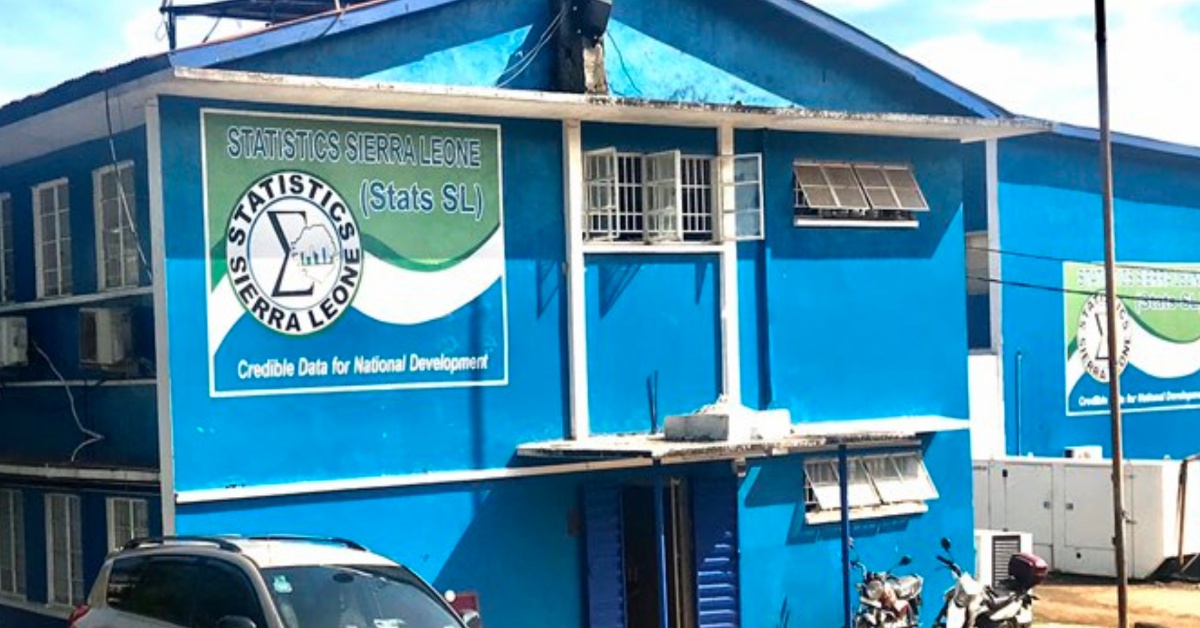Through a newly adopted rebased system for calculating economic indicators, statistics Sierra Leone (Stats SL) has revealed a significant growth of 56.4 percent in the in the country’s Gross Domestic Product (GDP) primarily attributed to contributions from the agricultural, industrial, and service sectors.
The mission of statistics Sierra Leone encompasses the generation of official statistics, and economic statistics play a crucial role in this endeavor. GDP serves as a fundamental benchmark for assessing the macroeconomic stability and performance of the nation.
Emphasis was placed by the Deputy Statistician General, Lansana Kpewolo Kanneh, on the importance of embracing a rebased system to gauge the health and stability of the economy and to obtain valuable insights into prevailing market trends. The adoption of this updated methodology represents a significant advancement in comprehending the country’s economic landscape.
During a recent press conference, the Director of the National Accounts and Economic Statistics Division, Mwaluma Andrew Bryma Gegbe, provided insights into the implications of the internationally recognized rebased version. Director Gegbe elaborated on the significant findings revealed by the revised GDP calculations, attributing the robust 56.4 percent growth to the concerted efforts of key sectors.
Additionally, Director Gegbe explained that the revamped system uncovers fundamental changes in the structure and dynamics of the economy, highlighting an uptick in output levels. He emphasized that these shifts do not directly reflect poverty levels but serve as invaluable tools for policymakers to address welfare and poverty alleviation concerns. The evolving structure of the economy, marked by decreased reliance on agriculture and increased prominence of industry and services sectors, signifies a positive trend towards economic diversification.
The adoption of the rebased system by Stats Sierra Leone represents a watershed moment in how economic indicators are analyzed and utilized for informed decision-making. This recent development heralds a new chapter in understanding and enhancing the country’s economic landscape.



 3 Comments
3 Comments










The GDP growth of this country is only on papers but nothing physical has shown it.
Sick country.
How does it happen?
Where does it come from?
OMG!: Statistics SL does not need to cook up such growth. When there’s any the people will see it even if there is no SSL. I’m so disappointed.